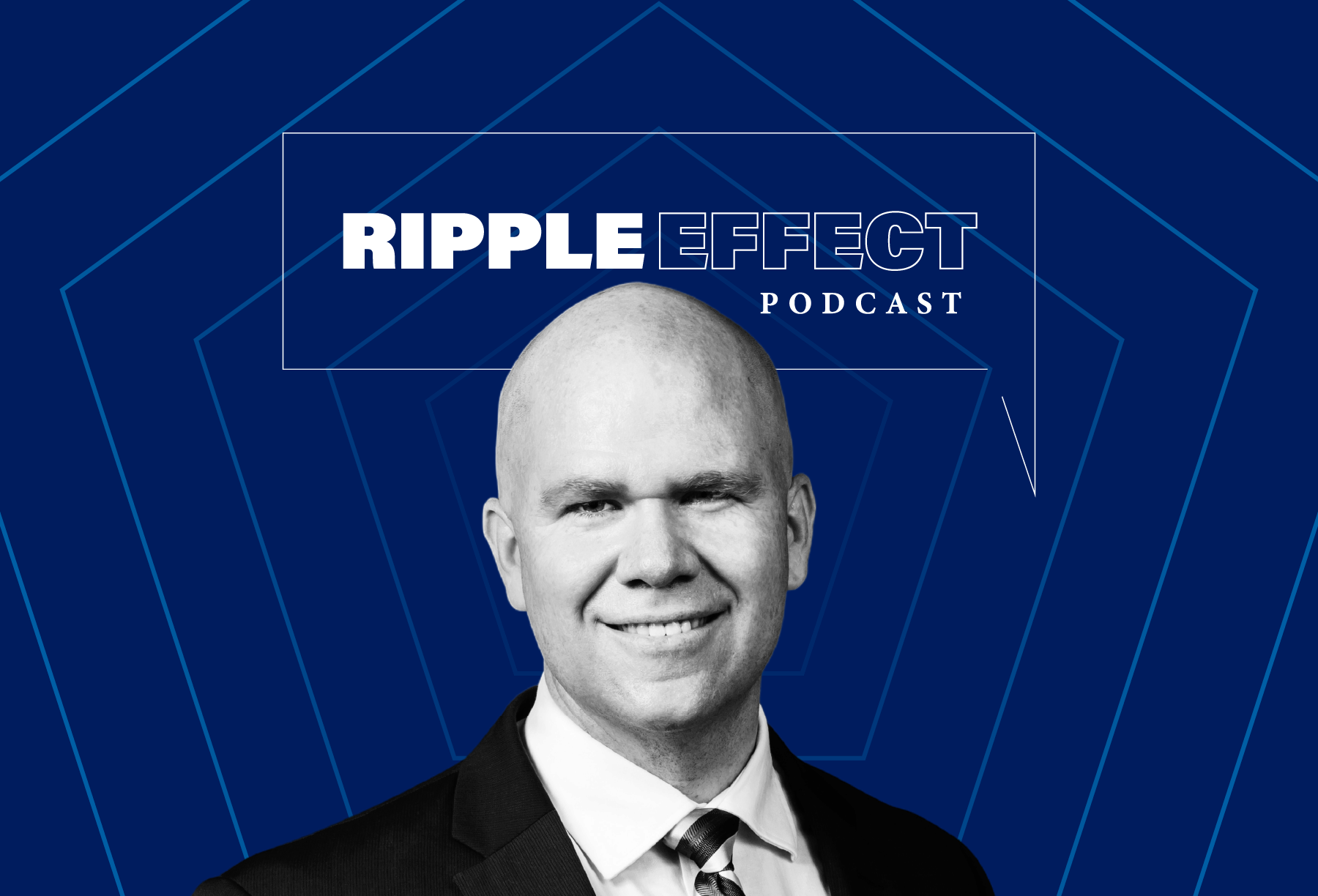In recent times, private equity, often perceived as the dominant force in finance, is encountering significant hurdles that could reshape the industry’s future. Historically seen as the ‘lords of finance’ with a seemingly invincible stance, the landscape for private equity firms is shifting under the weight of regulatory scrutiny and economic challenges.
The Slowdown in Dealmaking
Private equity firms are experiencing a notable slowdown in dealmaking activities. Economic uncertainty has been a major contributor, with market volatility and global economic concerns leading to a cautious approach from investors. This hesitancy is reflected in the decrease in portfolio sales, as firms struggle to find buyers willing to invest in uncertain times.
Investor Pressures
Adding to the industry’s woes is the growing pressure from investors seeking returns on their investments. As economic conditions remain unpredictable, investors are becoming increasingly vocal about wanting their money back, pressuring private equity firms to deliver. This demand for liquidity is challenging the traditional private equity model, where long-term strategic planning is often prioritized over short-term gains.
Regulatory Crackdown
A significant shift in the regulatory landscape is also impacting private equity. Federal regulators are intensifying their scrutiny of the industry’s practices, aiming to ensure transparency and fairness in financial dealings. This heightened regulatory environment is a response to growing concerns about the influence and power wielded by private equity firms, which have often operated with minimal oversight.
The Role of the Consumer Financial Protection Bureau
Amid these challenges, the Consumer Financial Protection Bureau (CFPB) continues to play a crucial role in safeguarding consumer interests. The bureau’s efforts to protect ordinary people from financial scams are more important than ever, especially as the financial industry faces increasing criticism for its practices. The CFPB’s continued vigilance serves as a counterbalance to the power dynamics within the financial sector, providing a layer of protection for consumers.
The Impact of Tariffs
Compounding these issues is the ongoing impact of tariffs introduced during the previous administration. These tariffs have created a slow-motion disaster, affecting trade relationships and contributing to economic instability. The ripple effects of these policies are felt across various industries, including private equity, as firms navigate the complexities of international trade and market access.
A Call for Support
As these challenges unfold, the need for independent journalism becomes evident. Outlets dedicated to informing the public and challenging established power structures rely on the support of their readers. Unlike corporate-backed media entities, independent journalism thrives on small donations from individuals who value unbiased reporting. Supporting such journalism is crucial for maintaining a well-informed public and holding powerful entities accountable.
For those interested in staying informed about the latest developments in the financial world, subscribing to fintechfilter.com provides access to timely updates and in-depth analysis. By supporting independent journalism, readers contribute to a more transparent and accountable financial system.
Note: This article is inspired by content from https://prospect.org/api/content/747a6d6a-277a-11f0-b55c-12b748fc5109/. It has been rephrased for originality. Images are credited to the original source.







